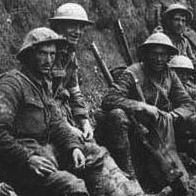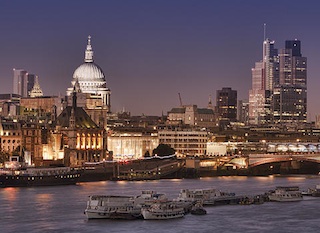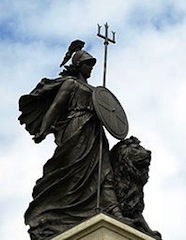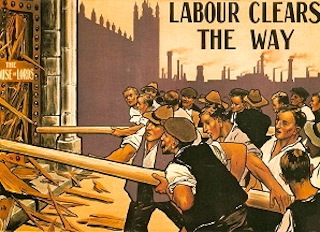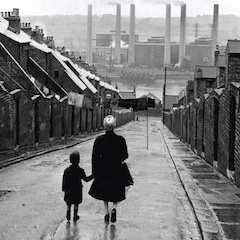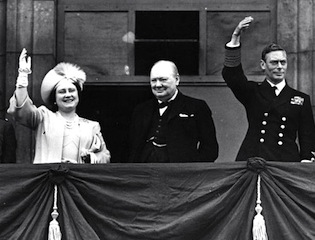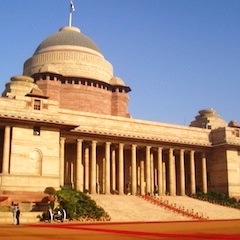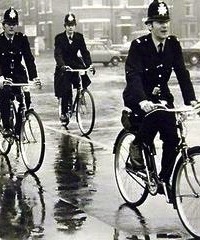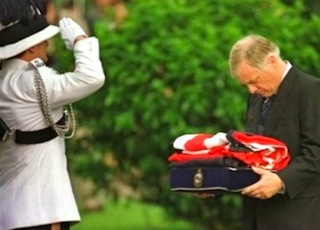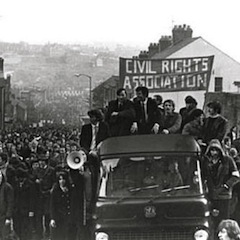|
Let us therefore brace ourselves to our duties, and so bear ourselves that, if the British Empire and its Commonwealth last for a thousand years, men will still say, "This was their finest hour."
|
|
—Winston Churchill, Prime Minister, June 18, 1940
|
Great Britain has lost an empire and has not yet found a role.
|
|
—Dean Acheson, former US Secretary of State, December 5, 1962
|
AT THE TURN of the twentieth century the United Kingdom of Great Britain and Ireland was the most powerful nation on earth. As the first industrial society it had for decades dominated a global economy based on free trade, and in 1900 it was still the world's greatest creditor nation as well as the most technologically advanced. Britain's empire controlled a quarter of the world's population and a fifth of its dry surface while its navy and merchant fleet enjoyed unchallenged mastery over the oceans.
In the hundred years that followed, Britain and the British Empire experienced dramatic transformations. In the first half of the century these included the anxiety and trauma of two world wars, the political separation of Ireland, and oscillating periods of austerity and affluence. Yet while Britain's political, economic and military power declined on the world stage, its people at home achieved a level of material security, political equality, and social parity unequalled in their history. Abject poverty was virtually eradicated in the new welfare state while Britain's famous class hierarchy was diminished (though never eliminated). In the second half of the century, the dismantling of the British Empire and the concurrent rise of the Commonwealth brought waves of immigration into Britain from its former colonies. This phenomenon remade the nation—especially in the cities—into a dynamic multicultural and multiracial society with deep connections to the rest of the world. It also led to increasing social and racial tensions often exacerbated by economic uncertainty. The final decades of the century saw Britain pulled in opposite directions by the forces of European integration on one side and nationalism and regional devolution within the British Isles on the other. Throughout the century many Britons lamented their country's slow and seemingly irreversible decline, but by the beginning of the twenty-first century Britain appeared to many to be a vibrant and young society transforming itself in remarkable ways and with a bright future.
This seminar traces the diverse and interconnected strands of the history of Great Britain and its empire throughout the tumultuous twentieth century. The first half of the course is devoted to reading scholarly books and articles accompanied by the occasional primary source. The scope of the readings and discussions will address the political, economic, social, cultural, gender, and intellectual dimensions of twentieth-century Britain and its empire. Through group discussion, students will become acquainted with the most significant debates and historical schools of thought about this era in British and imperial history. The second half of the course is devoted to individual research and presentations as students prepare their theses.
|


